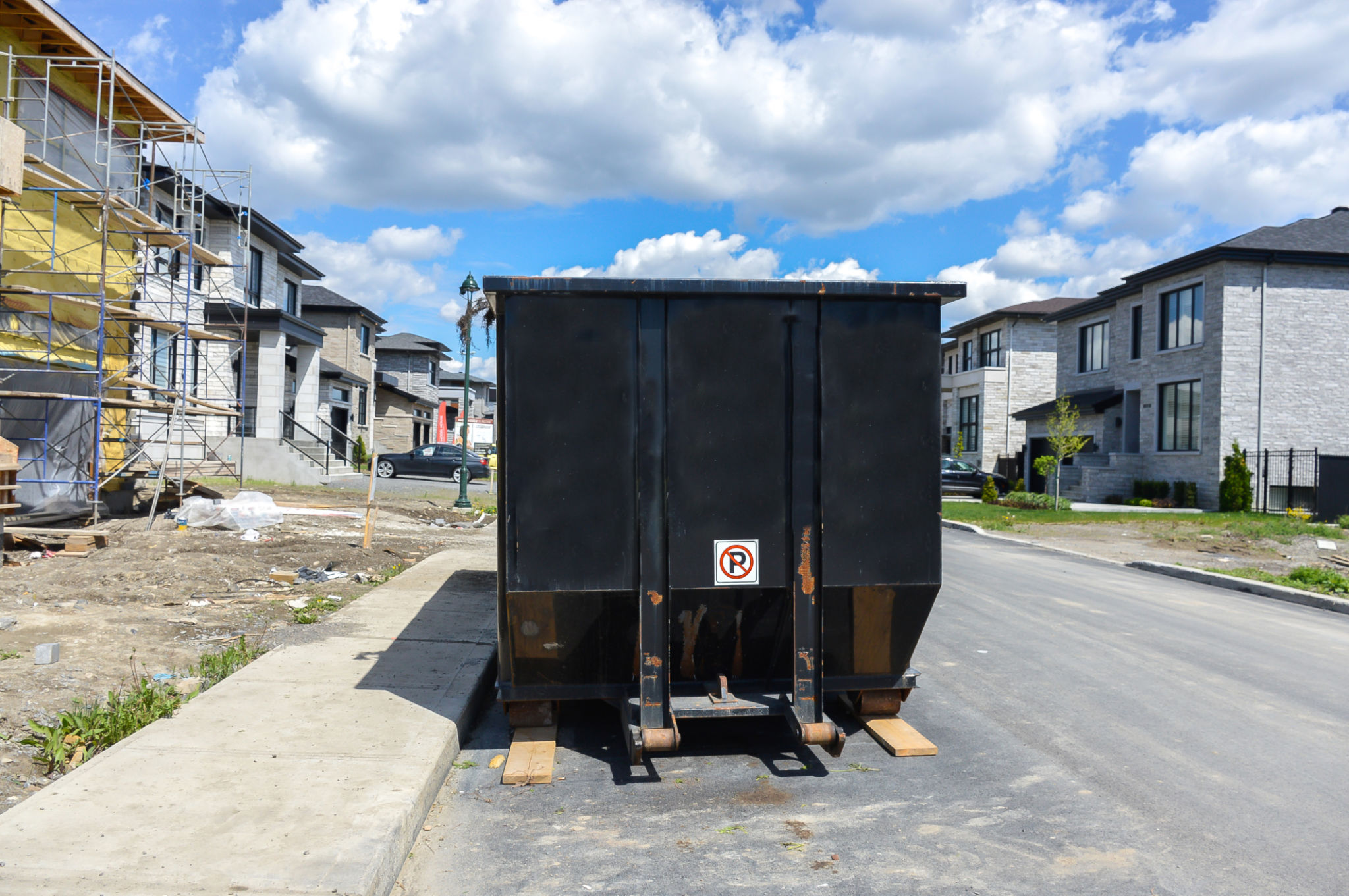DIY Post-Renovation Cleanup: Tips and Tricks for Efficient Debris Disposal
Prepare for the Cleanup
Renovating your home can be an exciting endeavor, but it often leaves behind a trail of debris and dust. Preparing for the cleanup process is crucial for ensuring an efficient and stress-free experience. Begin by gathering the necessary supplies. You'll need heavy-duty garbage bags, a broom, dustpan, mop, vacuum cleaner, and protective gear such as gloves and masks.

It's also important to have a plan in place. Identify the areas that require the most attention and prioritize them. Assign tasks to family members or friends if they're willing to help. Having a strategy will not only make the process more manageable but also allow you to resume normalcy in your home sooner.
Sorting and Categorizing Debris
Once you're ready to begin, start by sorting the debris into different categories. Separate recyclables such as glass, metal, and plastic from items destined for the landfill. You can further categorize materials like wood, drywall, and tiles for proper disposal or potential reuse.
Use labeled bins or boxes to keep everything organized. This step is essential not just for recycling purposes but also if you plan to donate or sell items in good condition. Remember, proper sorting can significantly reduce the amount of waste going to landfills.
Efficient Disposal Techniques
For smaller amounts of debris, consider using your local waste management services. Check their guidelines for disposing of renovation waste, as some materials may require special handling. Renting a dumpster could be a practical solution for larger projects.

If you have reusable materials like wood or fixtures, consider donating them to local charities or resale shops. Some organizations might even pick up the items from your location, saving you time and effort.
Composting and Green Disposal
For those who are environmentally conscious, composting certain materials can be an excellent option. Organic waste such as sawdust and untreated wood scraps can be composted to create nutrient-rich soil for your garden.
Additionally, look into local green waste facilities that accept specific materials for eco-friendly disposal. This option not only benefits the environment but also supports community sustainability efforts.

Cleaning Up Remaining Dust
Once the debris is gone, it's time to tackle the dust left behind. Start by vacuuming all surfaces, including floors, walls, and ceilings. Follow up with a damp mop and cloths to wipe down surfaces thoroughly.
Pay special attention to vents and filters, as they can trap dust during renovations. Clean or replace them to ensure good air quality in your home. Finally, ventilate the area well by opening windows or using fans to circulate fresh air.
Final Touches
With debris cleared and dust settled, you can focus on restoring your home to its former glory. Take this opportunity to reorganize your space and perhaps add some decorative touches that complement your recent renovations.

Remember, post-renovation cleanup is an integral part of the renovation process. By following these tips and tricks, you can efficiently manage debris disposal and enjoy your newly renovated space with minimal hassle.